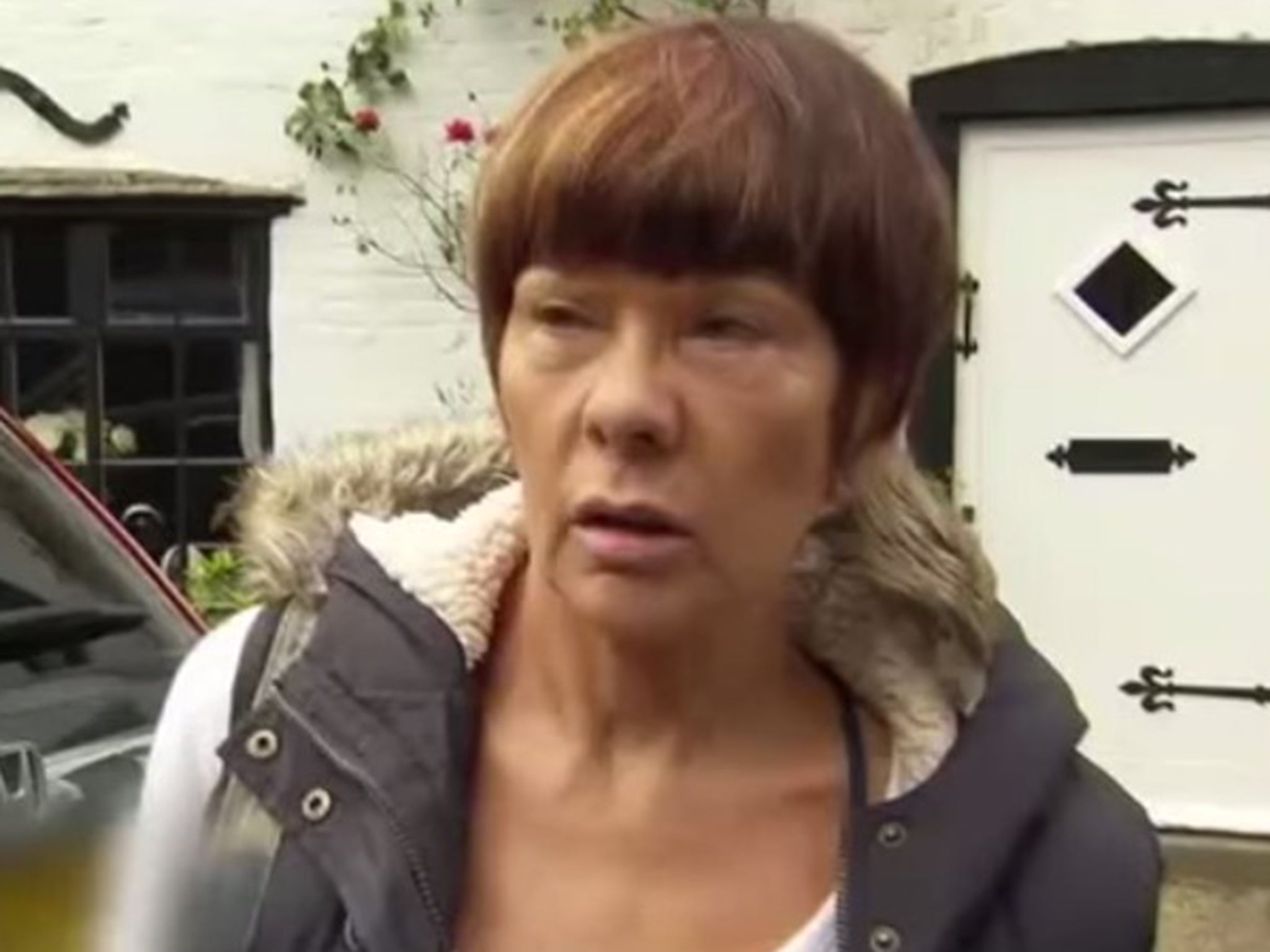Brenda Leyland’s problem was as much her sense of entitlement as it was the crackpot idea she had about the McCanns
The freedom that Twitter offers does terrible things to people


"I'm entitled to do that". These words, spoken quietly but firmly by a slightly bewildered 60-year-old woman to a Sky News reporter in the street, will remain the most telling and poignant epitaph to the horrible story of the late Brenda Leyland. She told Sky's Martin Brunt, when challenged about tweeting hateful messages to Kate and Gerry McCann, that she was "entitled" to do so, "entitled" to have an opinion and broadcast it, "entitled" to use the Internet in the way everyone else does to address people they don't know, and "entitled" to promulgate her view while wearing a disguise.
This, after all, is the virtual world, where the rules of engagement are very different from real life. But, as the case of Brenda Leyland illustrated all too terribly, there is an intersection between the virtual and the real world where consequences are wrought, victims are made, and a human cost is exacted. Mr Brunt can be considered a victim in this case, too. Some observers are making the point that it was his inquisition, when he thrust a microphone and camera at Ms Leyland outside her house, that tipped her over the edge, and led her to commit suicide in a lonely hotel room in Leicestershire.
But Mr Brunt must have felt - and with some reason - that he was "entitled" to seek out Ms Leyland and ask her what her motive was. One man's entitlement is another man's encroachment, and this is an aspect both of the democratising force of the Internet and the culture of the individual that will continue to present moral, and indeed legal, issues as we seek a balance between freedom and civility, between rights and responsibilities.
The culture of entitlement can be seen all around us, and is customarily a positive side-effect of the new settlement we have with our rulers. We do not feel a deference to those in authority: we are entitled to challenge them, to confront their hegemony. We are entitled to ask questions, to interrogate the official version of events. And this, in its most simplistic sense, is what Brenda Leyland was attempting to do. Of course, she went about it the wrong way, and on a human level, there is no possible defence for heaping more anguish on a couple still grieving for a lost child.
She couldn't have foreseen the real consequences of her actions, but we can try to understand what propelled her. A reportedly solitary woman, who seemed to spend a fair amount of time in front of a computer terminal, is seized by a crackpot idea, and doesn't understand why she shouldn't give it a wider airing, anonymously. She's "entitled" to do that, surely. And what about addressing directly the principals? Well, that's what social media is all about, isn't it? These are networks capable of turning decent, ordinary people into stalkers, spies and voyeurs. Ms Leyland may have been alone, but she was one of many succumbing to their powerful lure.
"I am entitled to do that," she said on the telly. How many of us feel the same way in our everyday exchanges? It is the tragedy of Ms Leyland that she didn't see the boundaries of her particular entitlement.

Join our commenting forum
Join thought-provoking conversations, follow other Independent readers and see their replies